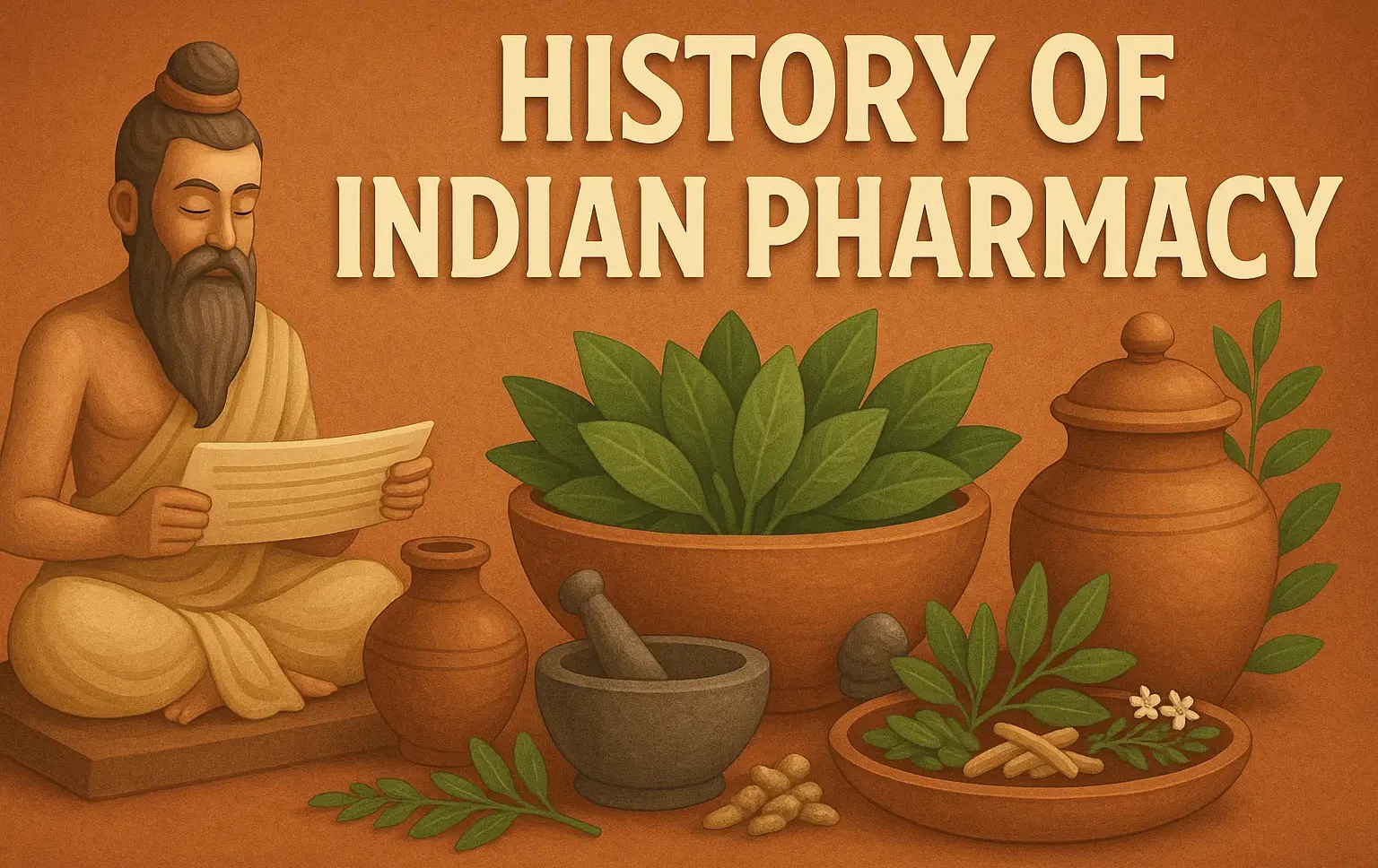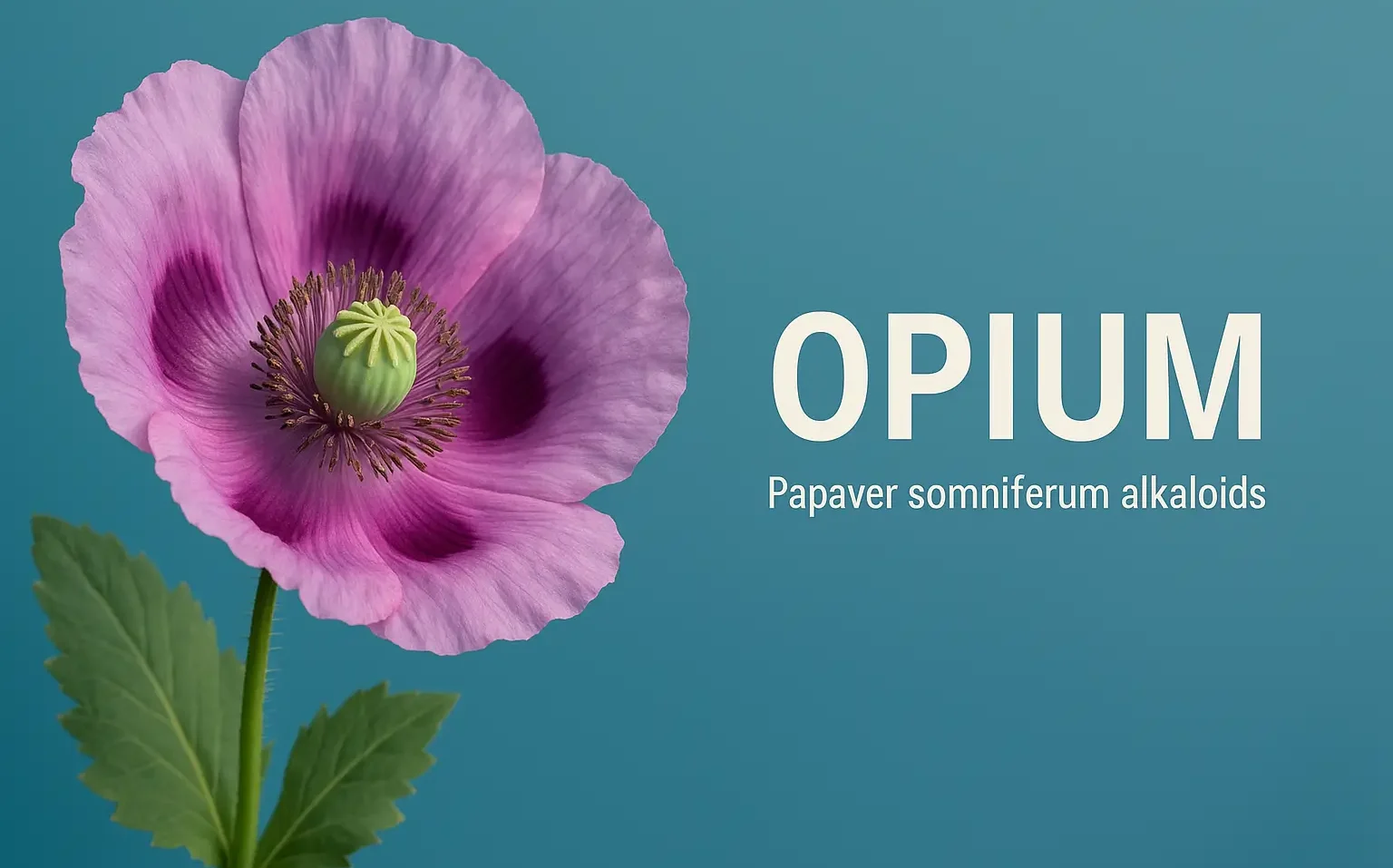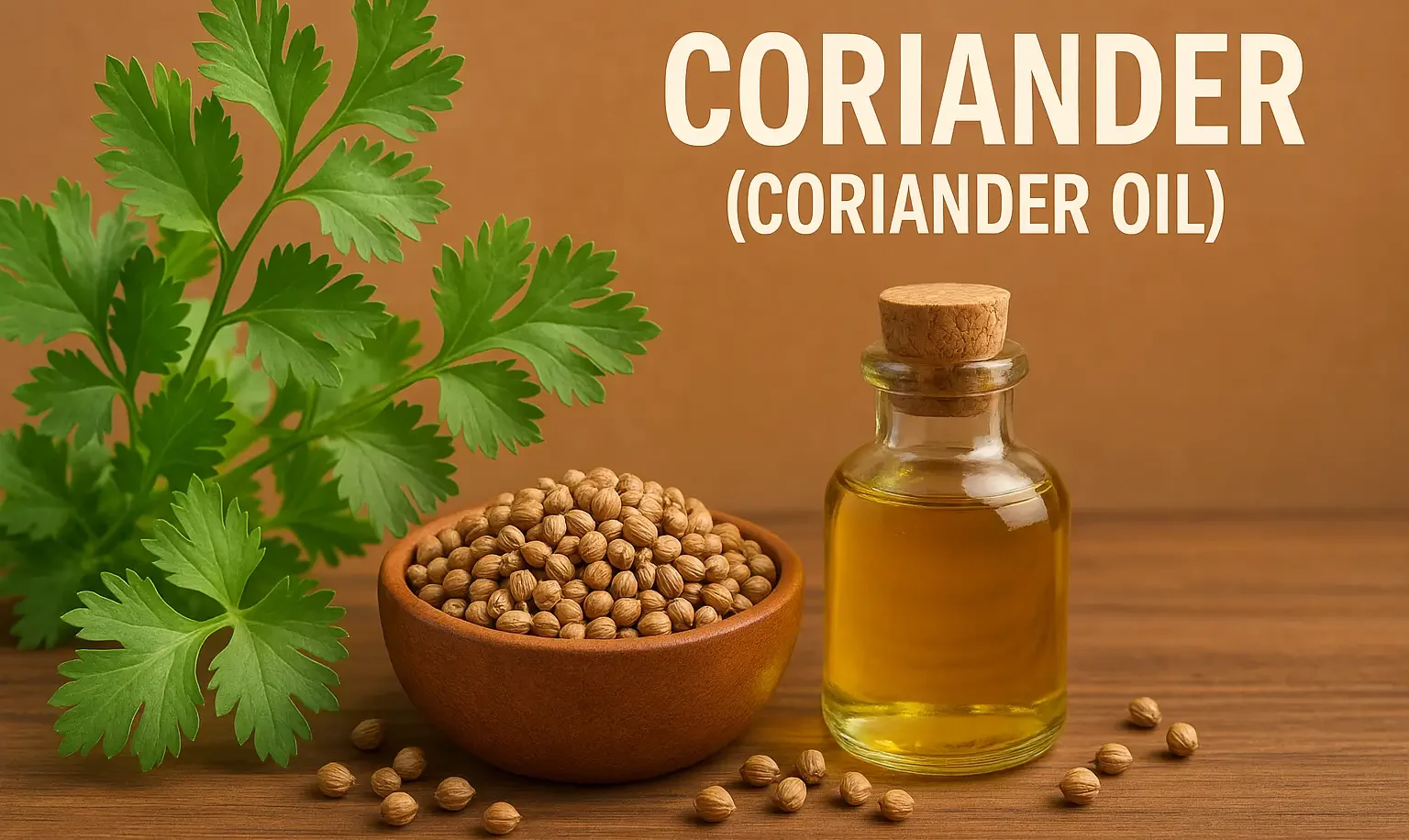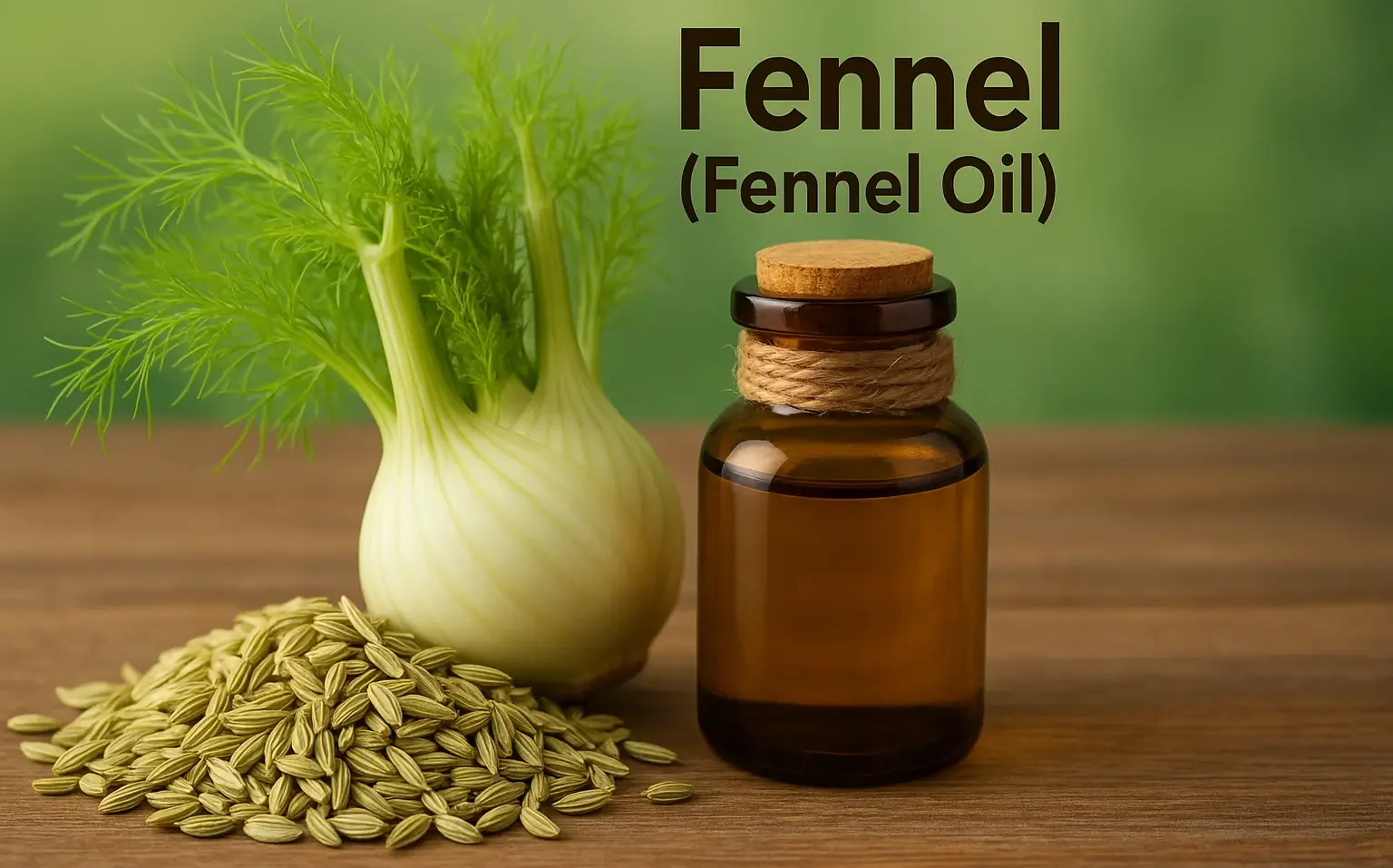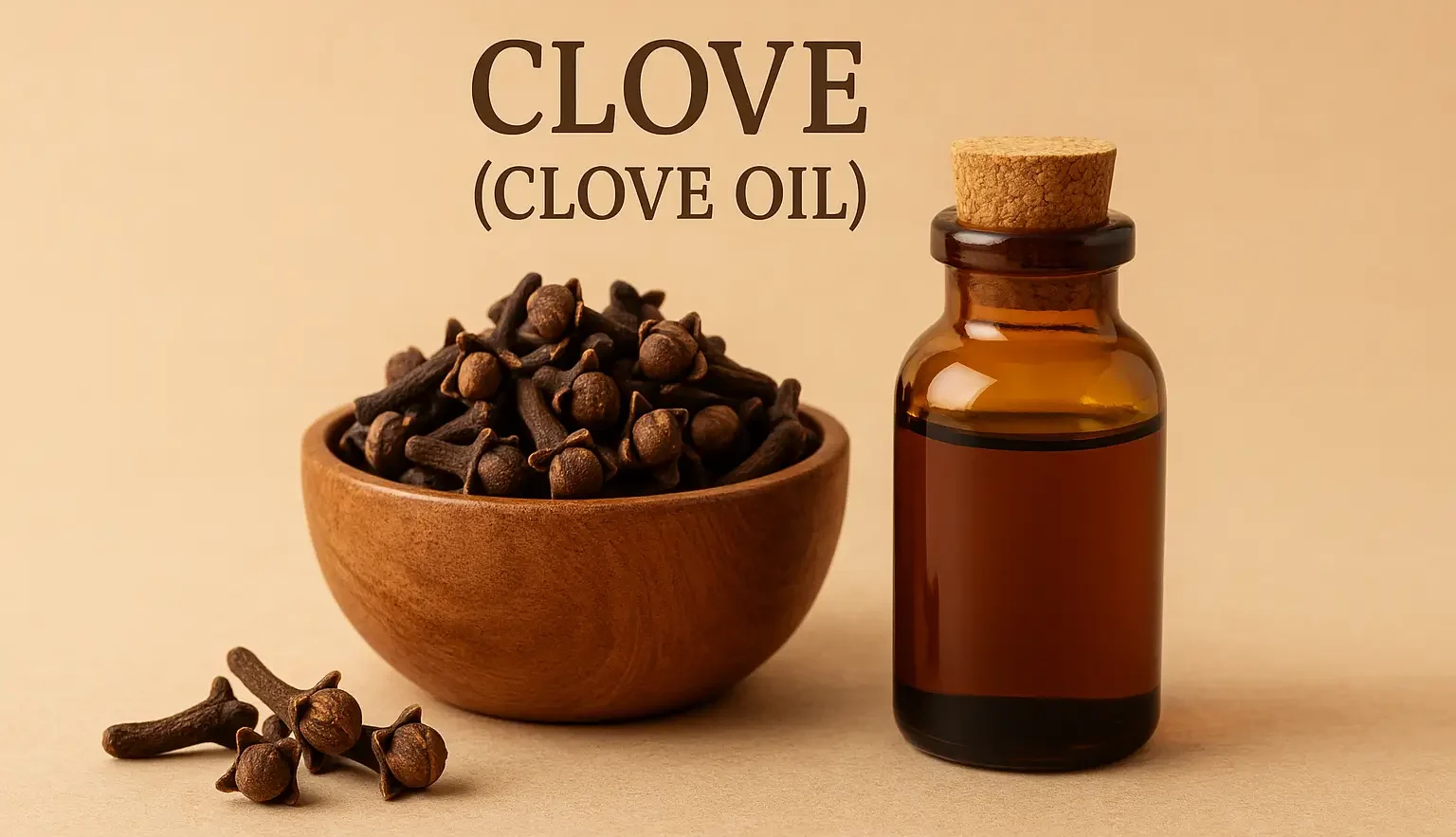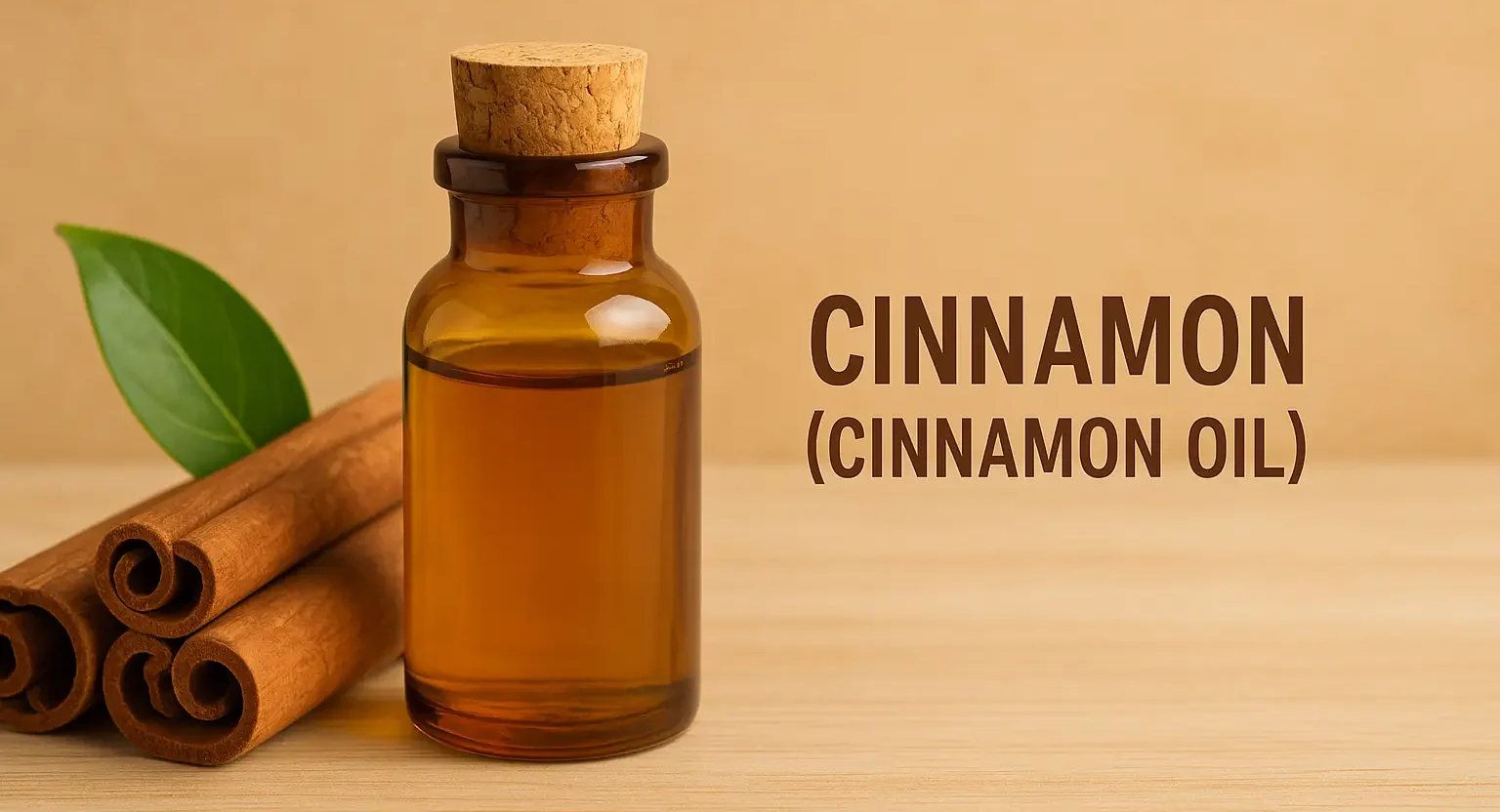History of Pharmacy Education, Industry, and Organizations in India
History of Pharmacy Education has evolved from traditional apprenticeships to structured university-based programs emphasizing science, clinical skills, and patient care. History of Pharmacy Education in India: Pharmacy education in India began in 1863 with the first pharmacy course at Calcutta Medical College. The modern framework was established after the Pharmacy Act of 1948, which set … Read more


